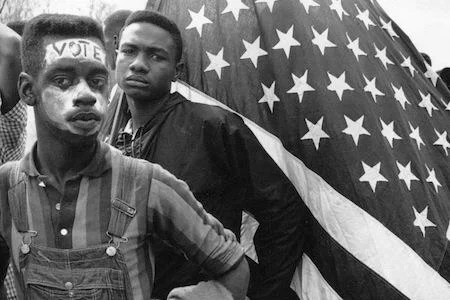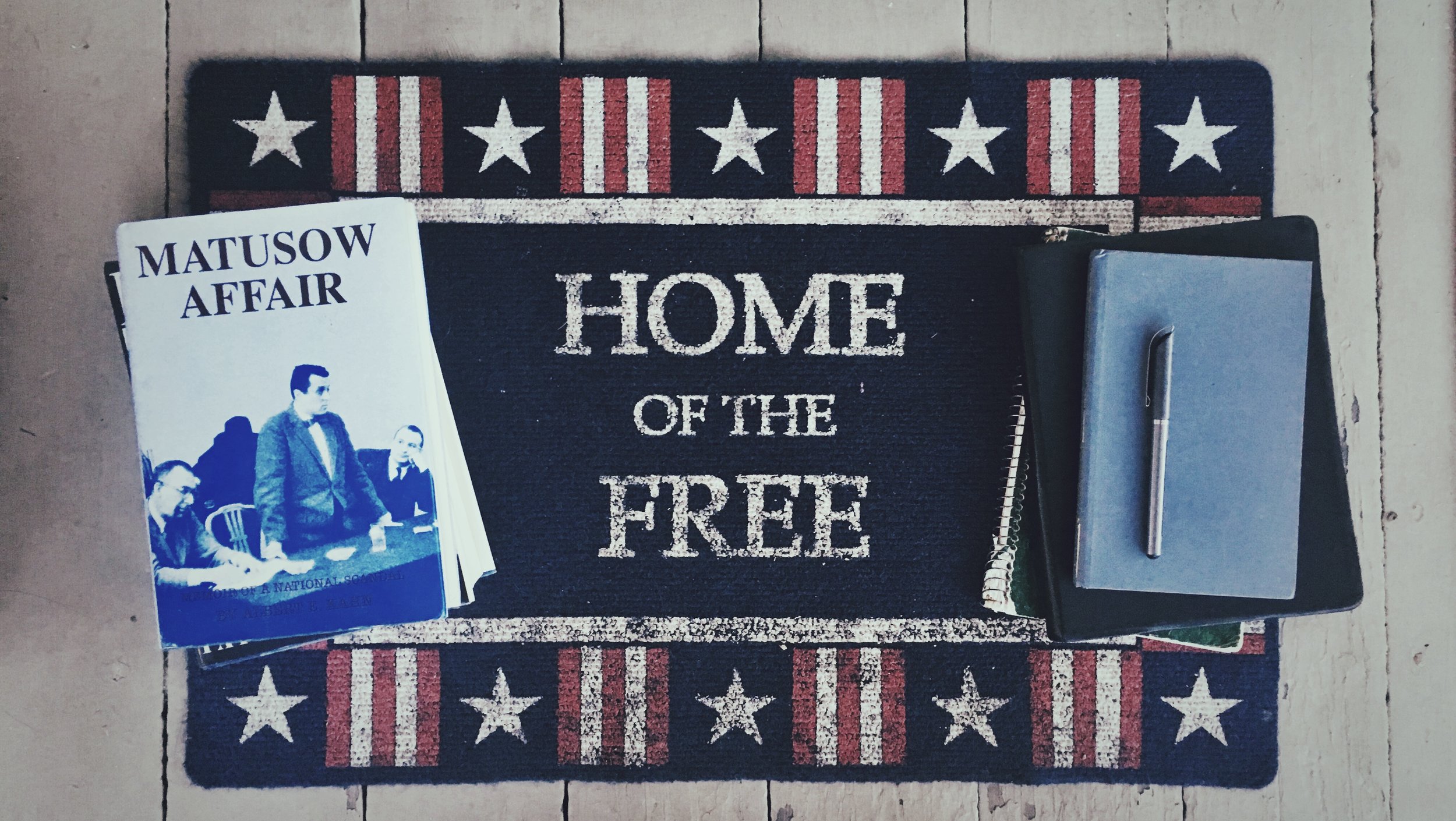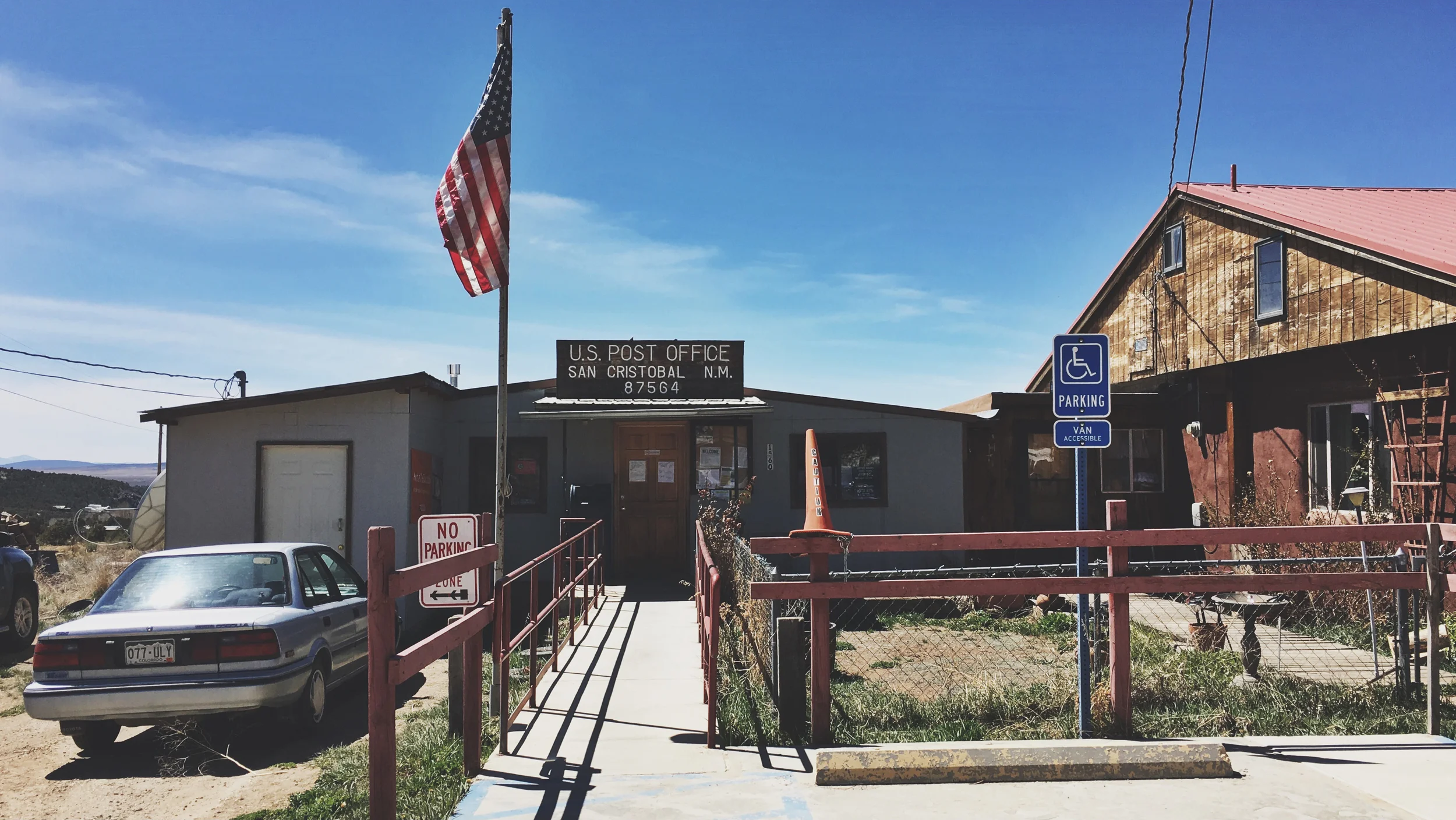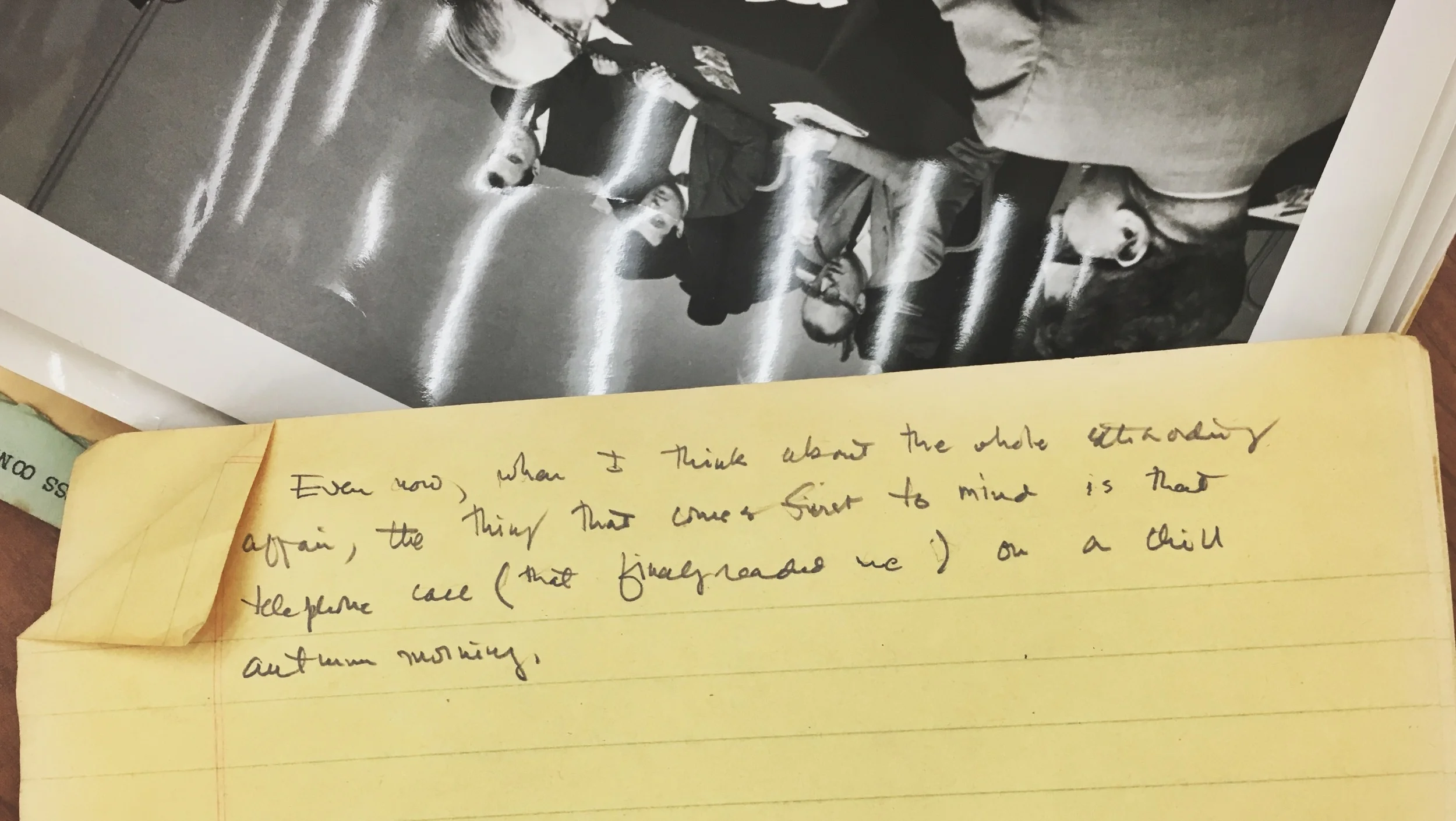Waking up to tragedy always feels the same. There is no sensation of rest, no quiet rejuvenation. Immediately, I feel betrayed. Sleep has let me down. Intended as an escape, it has run its course, and has now delivered me right back into the face of dread. Dread, which weighs the rear of my scull. Dread, which sits flatly in my stomach, like I've been eating clay. The nature of each tragedy is almost secondary, as the feeling is so familiar from one to the other.
Many people woke up similarly on Wednesday, to the results of the presidential election. There was much gnashing of teeth across social media as a great grief settled throughout large portions of the country. What happened in the face of that grief is something which I find supremely profound.
We started giving ourselves a collective talking-to. Amid the calls to metaphorical arms and a steadfast pledge to keep up the fight, another cry emerged. Many implored each other, along with themselves, to look closely at why the results were as they were. To listen. To learn. To fix.
This part of the fight is as important as the fight itself.
So now begins the path of reflection, debate, and progress. The path on which those of us who are lost look to learn from those who have been through this before.
Personally, I have not been through this before. But my family has. My life has never been touched by a McCarhty or a Cohn. But I've been studying Cohn's protégé, Donald Trump. And the Americans who backed the witch hunts of the 1950's are not so different from those who support our new president. To look at our country then is in many ways to see our country now.
With renewed commitment, we push forward with this project. There is no doubt that Matusow Affair needs to be a crucial part of our unfolding national dialog. Certainly, it holds many important keys to unlocking our past and forecasting our future. And most importantly, the story it tells is unvarnished; absent are the partisan tropes of flawless heroes or soulless villains. It is real. It is human. It is both sides. The same two sides which need to be understood for this country to truly move forward.
The election of Donald Trump did more than make me want to work harder on a TV show. If any part of me was ever on the sidelines before, it is now off. But I am unlike those whom I would consider to be my opposition in one important way. This dedication, which will be lifelong, is not to being partisan - it is to fostering progress. My plan is simple. Develop a better command of all issues which I hold dear. Seek out those with whom I disagree. Be a better listener. Learn how to talk their language. Teach them about what I understand to be true. And organize, organize, organize.
Yelling louder, disobeying, and delegitimizing will not allow us to escape the partisan cycle which has increasingly imprisoned our country. Instead, it is learning, listening, talking, showing and debating that move hearts and minds. Those are the wheels on which progress turns. And progress is the only way out.
If one thing makes me happy, it's the certainty that I am becoming a better person. And a more effective one, at that. By the chorus of voices already rising, I'd be willing to bet that there are millions of others who have been similarly galvanized. Broken free from the complacency that is bred by comfort and power, a new breed of progressives is emerging with every day that passes.
The Trump campaign promised a revolution. It may well end up that they'll get one, but not the one they were hoping for.
- Ben Kahn, Executive Producer









